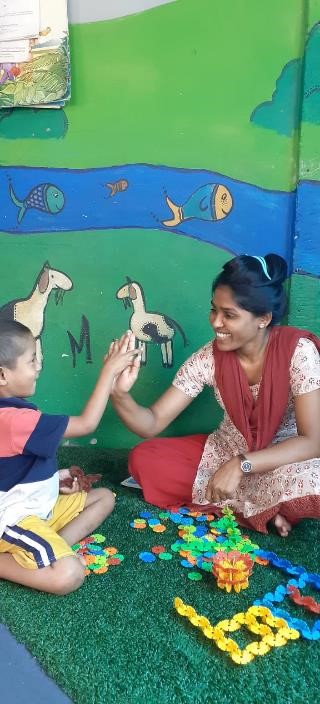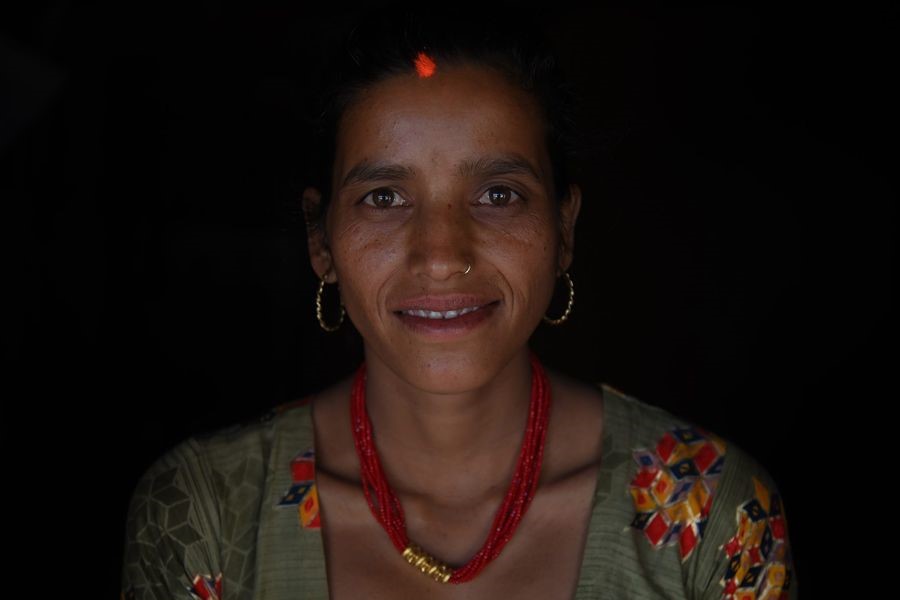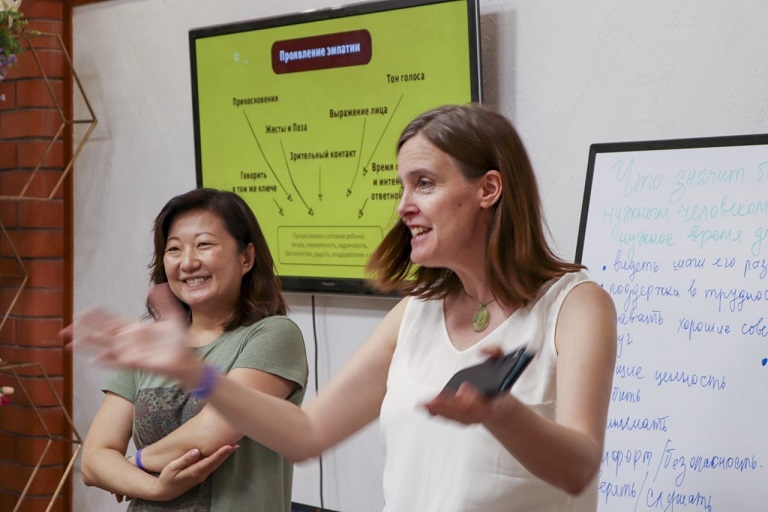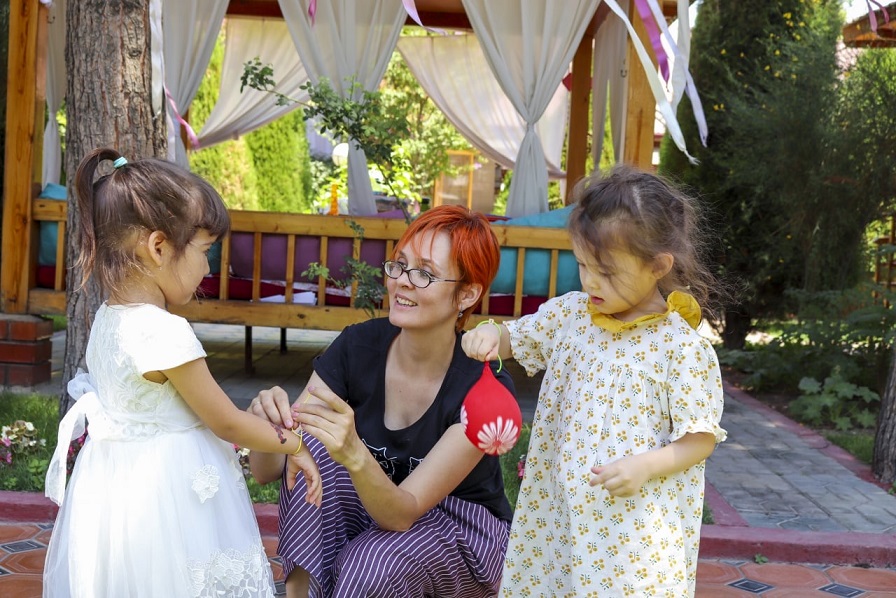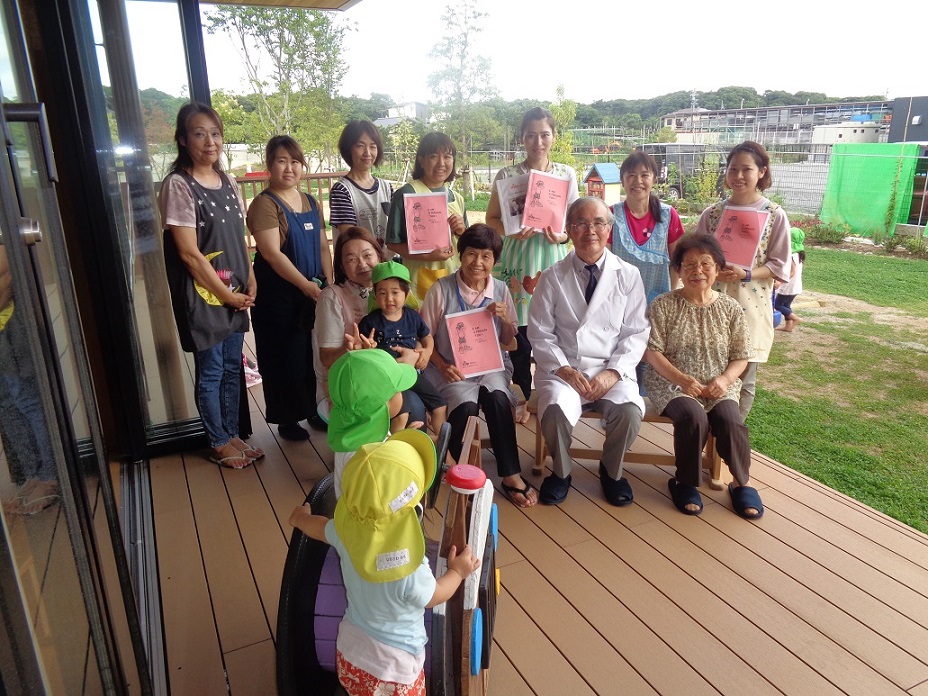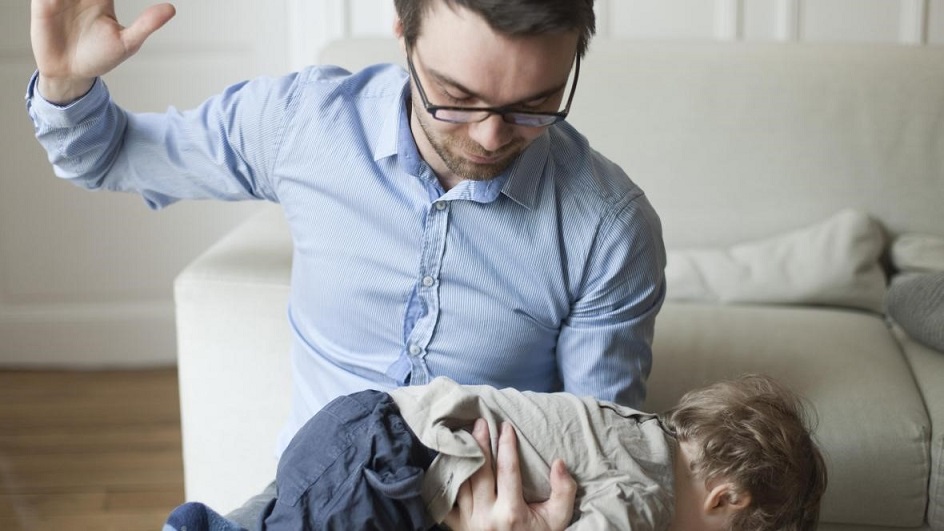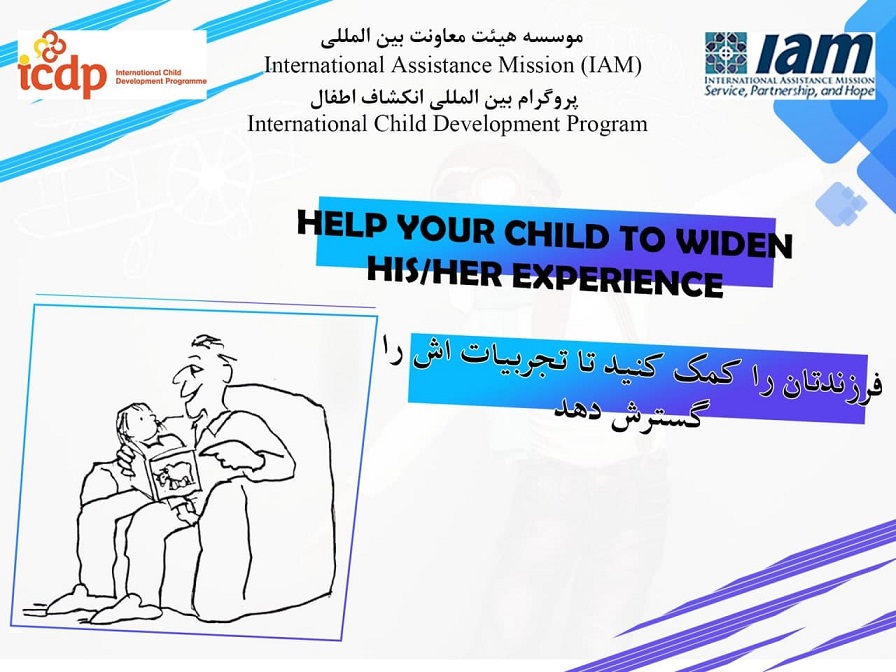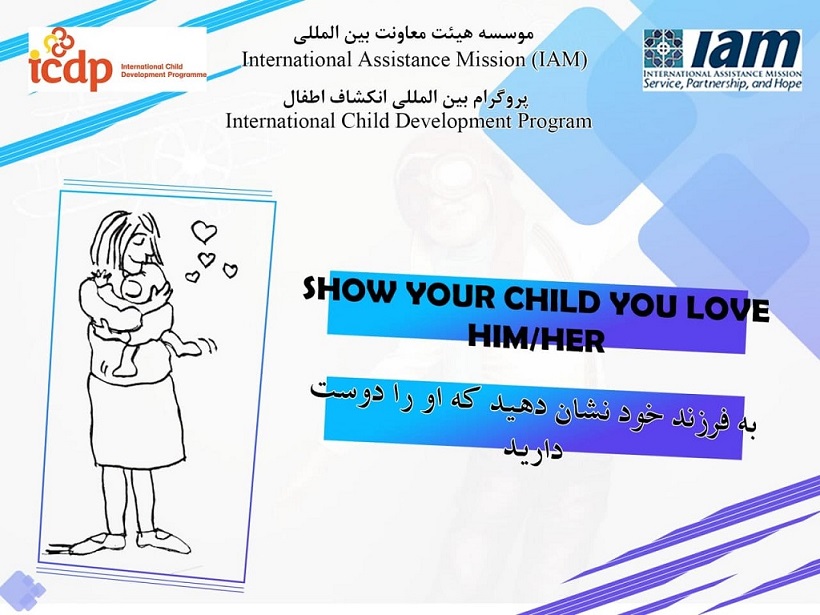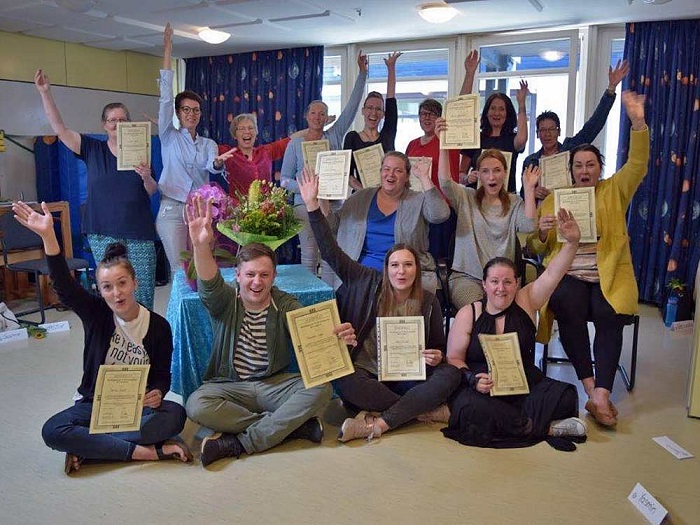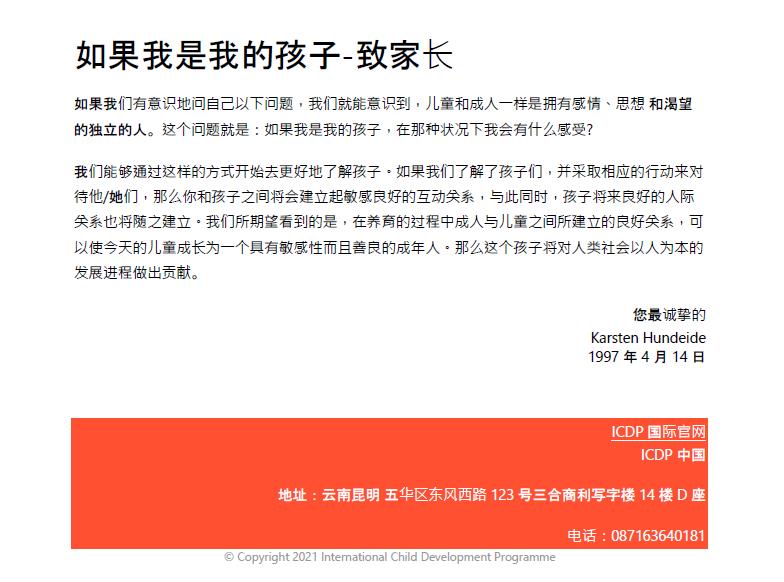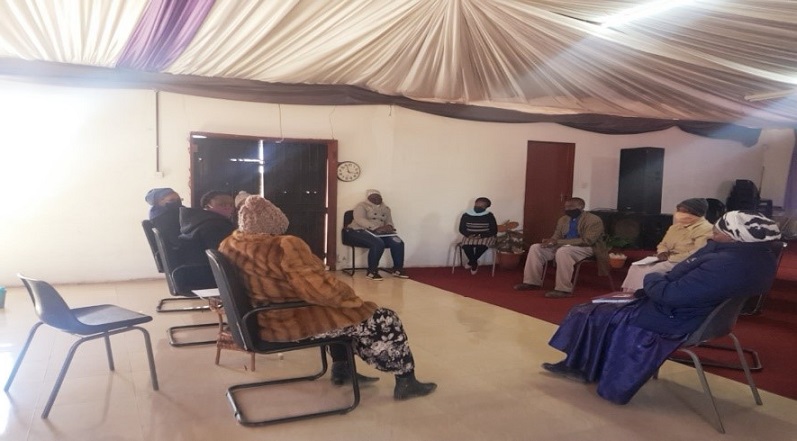In July 2021, a meeting of the ICDP Bangladesh core team took place at which ICDP trainer and Project Co-Coordinator Sajeda Boby Akter presented a report in order to update the team on the developments of the ICDP programme in Bangladesh.
ICDP is expanding in the country in partnership with four major partners, namely LAMB, Friends of Basha, Salvation Army and Normisjon. The ICDP project has established an ICDP Support Group comprised of the Country Coordinator, expat volunteer, expat consultant and ICDP staff. Normisjon’s director and finance officer are also members of this group. This group meets online for the purpose of supervision of project activities.
In addition to ICDP facilitators, ICDP in Bangladesh has two trainers and several trainee trainers. Apart from Sajeda Boby Akter, Gerd Eli Haaland is the other ICDP trainer – they have together spearheaded most of the ICDP developments in the country. Since Eli returned to Norway during the summer 2021, she will support the ICDP team via Zoom and she also plans to offer support to the project in person during her visit to Bangladesh that is planned for November 2021. The project counts on the support from two other ICDP consultants as well as the ICDP chair.
During the first half of 2021, a number of planned trainings and follow-up progammes had to be cancelled due to the continuous threat from COVID-19. A Baseline Survey was conducted with10 facilitators, 15 children and 15 mothers from LAMB English Medium school and SIM Bangladesh project. One Facilitator level training was completed with seven participants from LAMB. Two more trainings are supposed to be held by the end of August for the participants from the Dhaka and Dinajpur region. In addition, two persons are receiving training so that they can start to train Normisjon project partners.
A total of 48 facilitations and 43 online meetings online were managed during the pandemic crisis. Supervision and monitoring had to be mostly conducted online. After lockdown/shutdown ICDP team hopes to complete all their planned targets.
The ICDP future implementation will involve five organizations in the first year (2022) and seven in the second year (2023). Each partner organization will nominate one person to represent them in the core team. An online training course to form new trainers is planned for ten facilitators from Normisjon, Lamb and SIM, so that by the end of June 2022, there will be seven ICDP certified trainers in Bangladesh.
The translation of a book about scientific research behind ICDP was finished and proof reading is in process.

